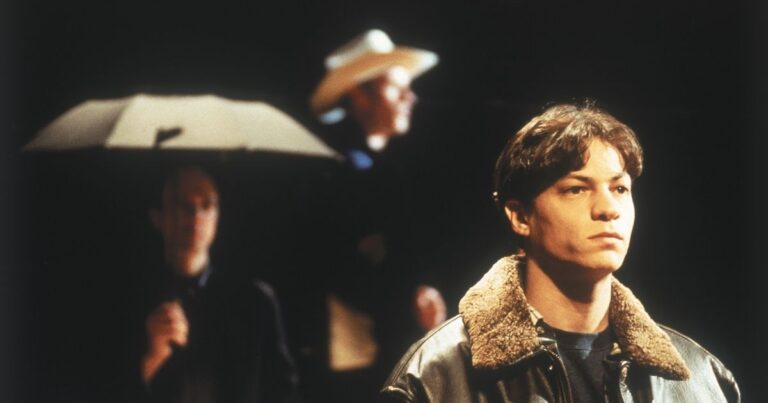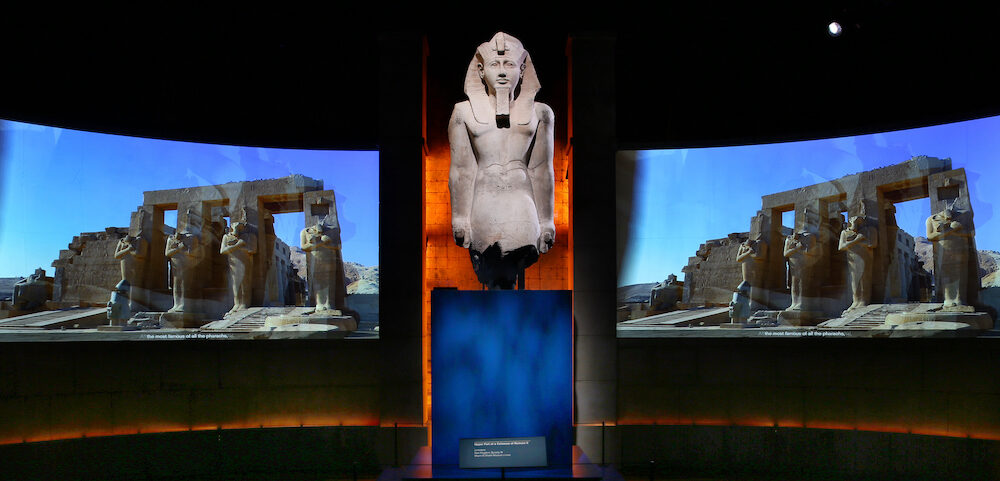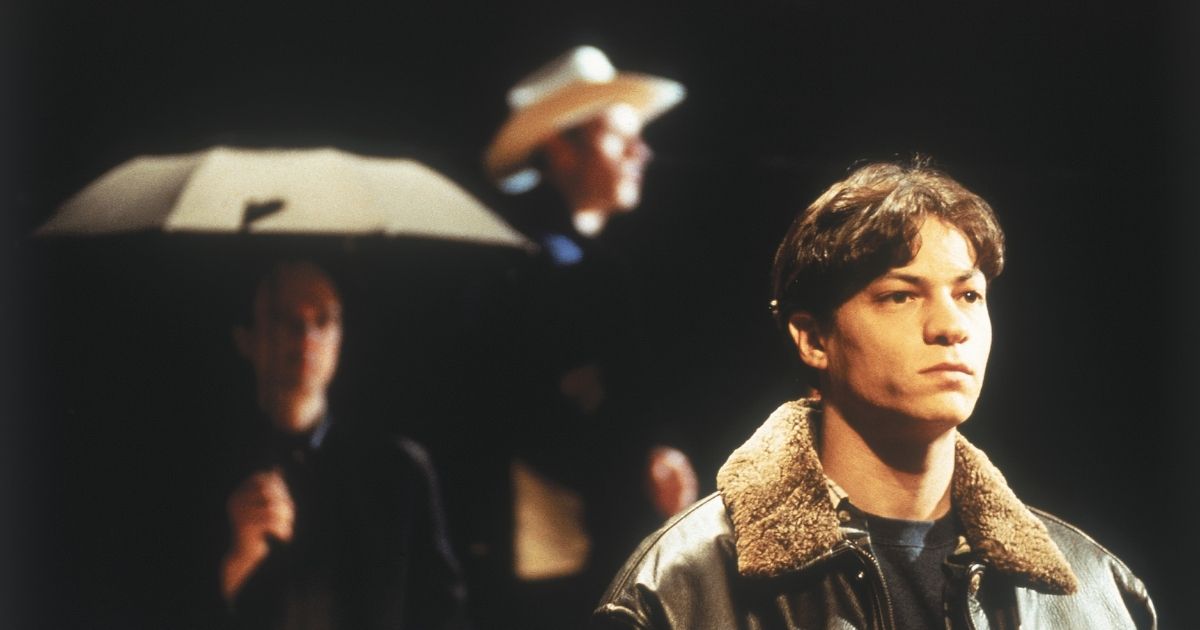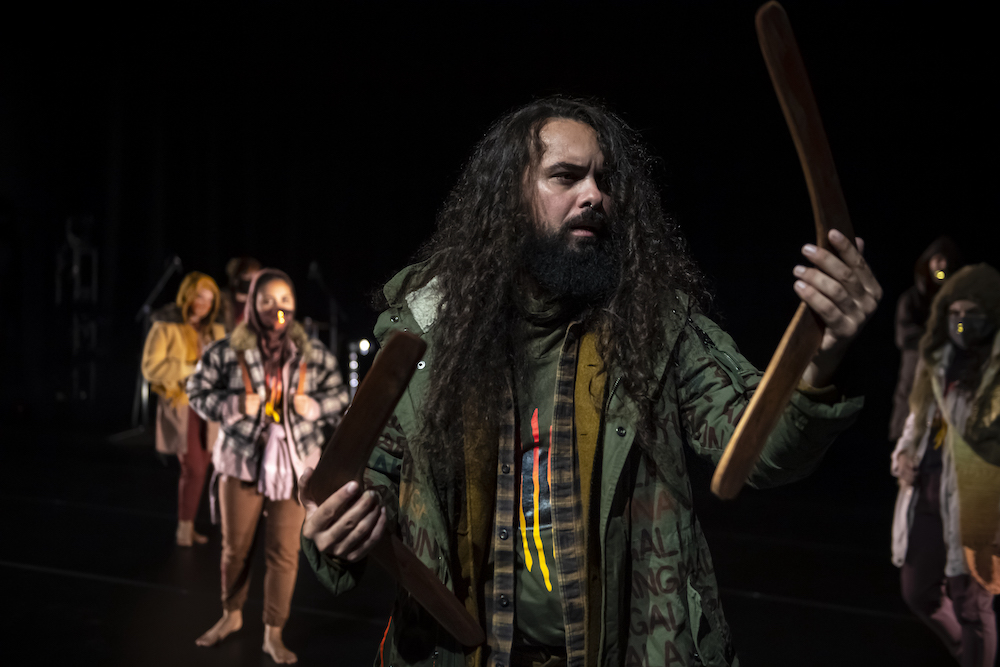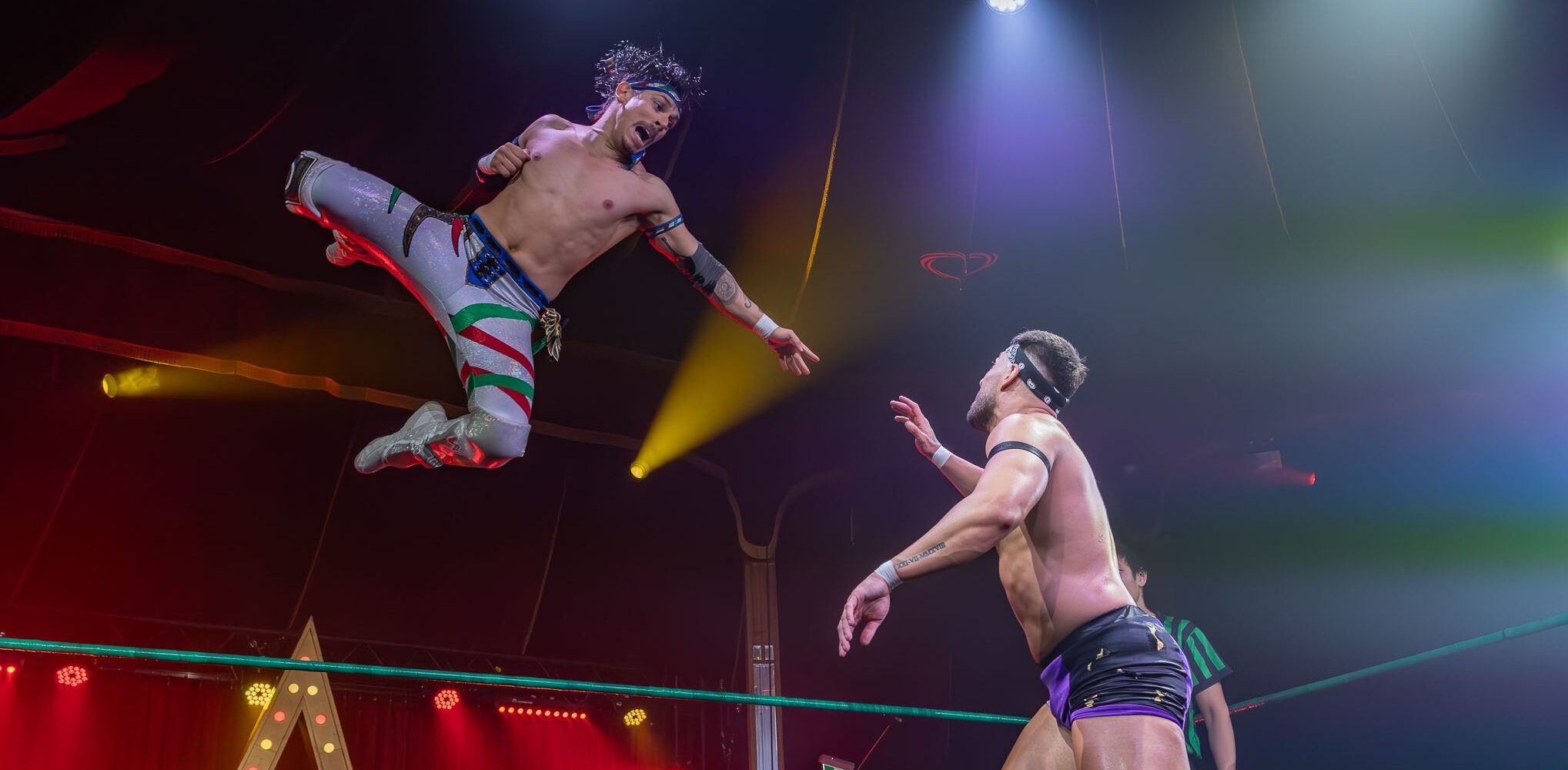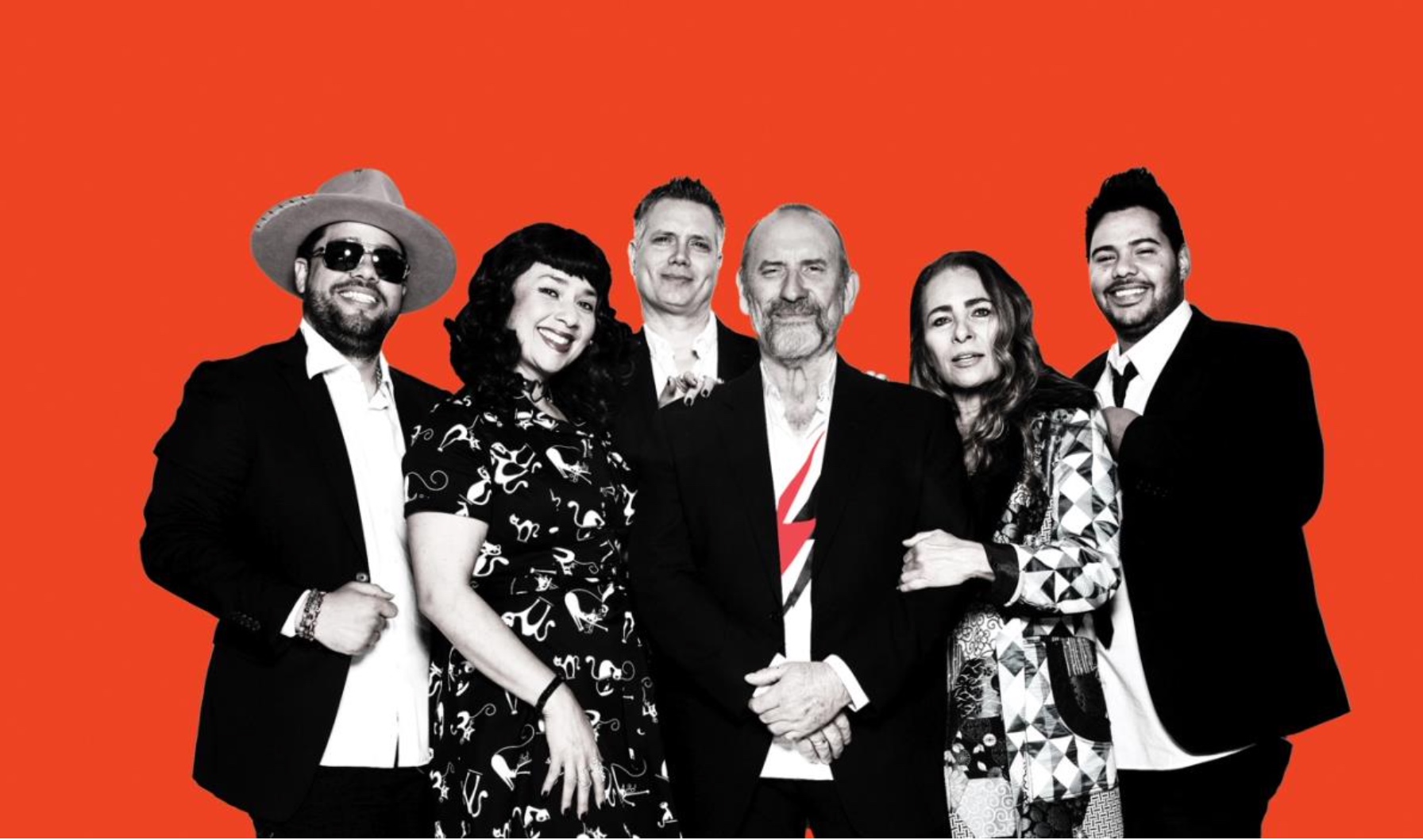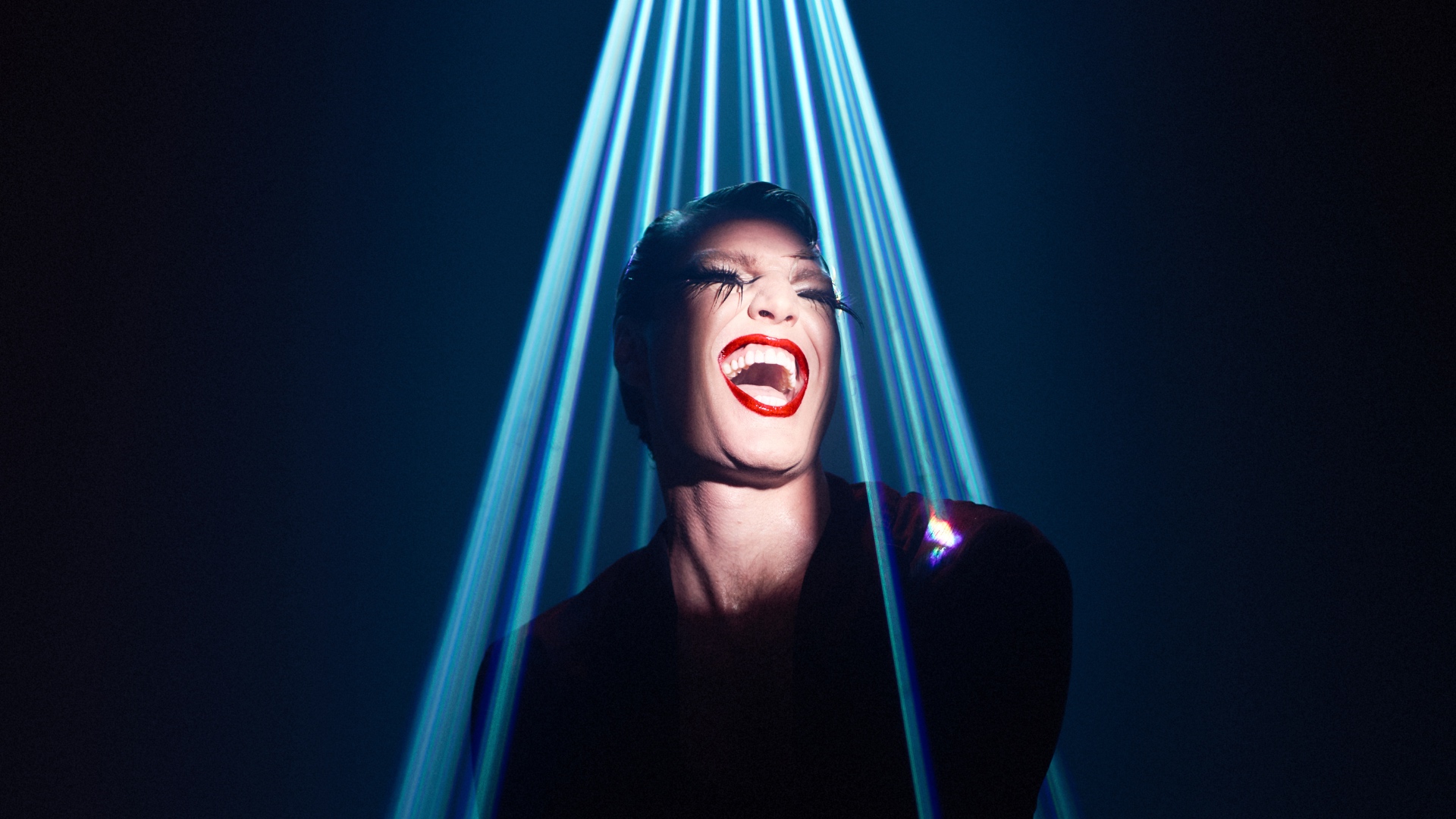
The Art Of Peace
War devastates absolutely. It leaves carnage and rubble amongst which lie shattered remnants of dignity and identity. Citizens become refugees, defined by what war has done to them and forgotten for who they really are. They escape with the meagre things they can carry – clothing, mementos. It is only when they reassemble in another place that they realise they also took with them their shared experience, their culture, history, ideology.
Music, art, and literature are the collective memory of a population, and invaluable when individual minds become unreliable through trauma and grief.
Malek Jandali is a Syrian musician and composer who understands and utilises the potential of music to help unify and heal. Raised in Syria, he moved to America at age 18 on a music scholarship. He has received world-wide acclaim equally as a pianist and composer as for his dedication to humanitarian causes. Founder of non-profit Pianos For Peace, an organisation that uses music and education to spread its message of peace, Jandali has helped raise money and awareness for refugees.
“Nothing compares to experiencing the transformative power of music and making positive change in the lives of people and communities,” Jandali says.
His music is heavily influenced not only by Syrian tradition, but by his emotional reaction to the devastation in his homeland; it is melancholy, searing, raw. Jandali will premier a specially written work for his concert at Sydney Opera House, saying:
“We will travel together on a musical journey through beautiful Syria, to remind ourselves of this common heritage we share at the time it is being destroyed before our very eyes.”
Jandali does not shy away from strong political statements, albeit through music. His composition The Silent Ocean directly addresses the tacit global silence on the genocide in Syria.
“I believe that art is nothing if it does not reach every segment of the people and music has this amazing power to change people, who in turn, can change the world. Music transcends time, space and even the geopolitical.”
Khaled Sattouf, a member of the Australian Syrian community believes artists and musicians such as Jandali can “help reveal the 3000 year old culture of the Syrian people and counter the stereotype of their being a burden…The idea is to connect the Syrian people with their country of origin and also to enable [the wider public] to look at Syria, not as a place for only conflict and problems and terror…”
Sattouf explains that art is an integral part of Syrian upbringing and communal activity. Music and dance are at the centre of festivities and have an incredible ability to heal and draw people out of isolation.
“In spite of all the troubles and all the trauma they have been through, they have a chance to dance and play and sing and things like that…as they did in the homeland.”
“All the middle eastern countries – in the 50s they used to have very high quality singers and musicians, and unfortunately, the trend is going backwards.”
As well as his engagement at the Sydney Opera House, Jandali will be taking part in a talk on World Refugee Day alongside Australian artist Ben Quilty. Entitled Recovering Humanity, the discussion will centre on art in activism with a particular focus on the refugee crisis.
Among special guests on the night will be Emeritus Professor Stuart Rees, internationally esteemed academic and activist, and author of several poetry anthologies.
Prof. Rees has spent much of his life and career fighting for social justice, saying he is motivated by a response to the privilege he has experienced as an educated white man:
“I had so much to give back. I became fascinated by the hopes of universal human rights and was appalled by cruelty.”
He too believes in the ability of art in all forms to help educate and effect change:
“A painter and a pianist possess that creative repertoire which is essentially non-violent. They can stretch imagination, enrich spirits and often provide that sense of elation which teaches us precious expressions of humanity.”
And with regard to his own chosen creative field:
“Far more than even the best prose, poetry can convey those extra dimensions of humanity which enable writers and readers to escape from any preoccupation with materialism. Emotions, figures of speech can paint pictures to put people at ease and even inspire.”
As an academic and activist who has been involved in many arenas in a fight for human rights and social justice, Prof. Rees regards the main messages of World Refugee Day to be inclusiveness, generosity; a disregard of borders, nationalism and acknowledgement that all people need to be cooperative and interdependent:
“To respond to the massive movement of refugees around the world, a different kind of sovereignty is needed; a sovereignty of non-violence, a sort of cosmopolitanism of hospitality moved by great music, inspiring art, insightful poetry, pottery, and prose.”
Malek Jandali – A Syrian Symphony For Peace Tour: www.bravemediaaus.com
Recovering Humanity – Ben Quilty & Malek Jandali in Conversation: Jun 20, 6:30-8:30pm. Parliament of New South Wales, 6 Macquarie Street, The Strangers’ Room. SOLD OUT



